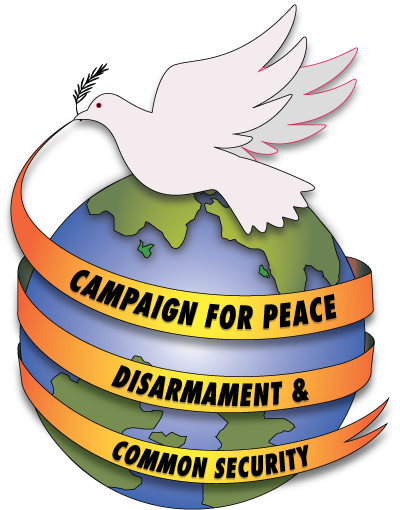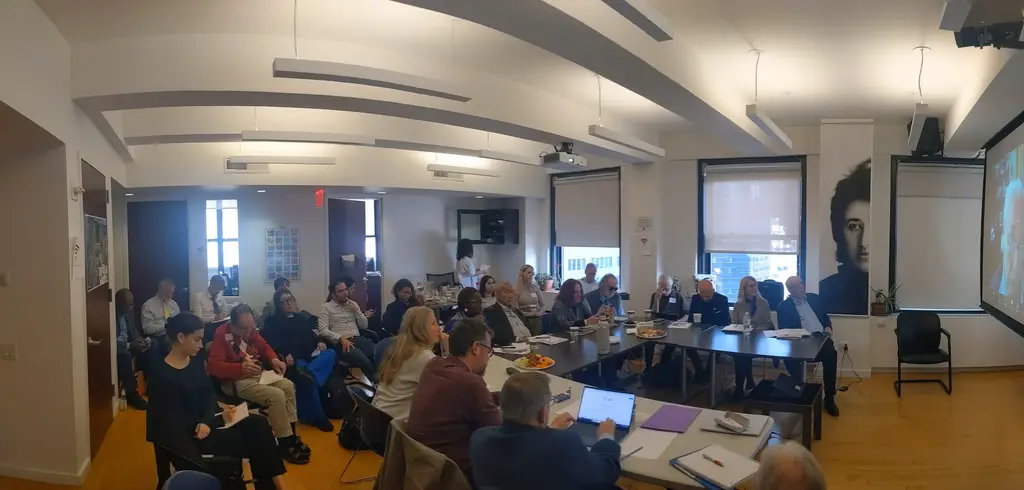Online round table discussion on current security changes in the international environment: “Nuclear Weapons and Tectonic Geopolitical Change”
November 28 2023
Remarks by Ambassador Sergio Duarte
As we know, chronological and historical times seldom coincide. The 21st century actually began with a bang, 55 years in advance, in August 1945, when the first nuclear weapons were used in war. I was then 10 years old and of course not old enough to understand the significance of what had happened. Yet, as I realized later, it set into motion tectonic geopolitical changes, whose consequences are still unfolding.
The world remains divided in two adversarial camps. A third center of power slowly emerged and now seeks to assert its influence while regional sub-centers strive to find their own place in the puzzle. Nuclear weapons proliferated quickly. International relations became more unpredictable and more dangerous as rivalry and confrontation spread everywhere. The world continues to be haunted by the prospect of its own destruction, either by the use of even more powerful weapons or by the change in climate conditions.
The clear link between these two threats that can be illustrated by the fact that if less than 1% of the current nuclear arsenals were to go off, the resulting explosions would throw approximately five million tons of soot into the stratosphere and render the agricultural base of the planet dysfunctional. Those who would not have died by extreme heat and exposure to radiation would perish by starvation.
In the aftermath of the Second World War the United Nations were created to respond to the yearning of peoples to be free from the scourge of war. The shock and horror of the use of nuclear weapons led to the only time ever that the UN General Assembly unanimously agreed to eliminate such weapons. Alas, animosity and mistrust between the two major powers prevented any progress.
Since then numerous conventional armed conflicts have erupted in many parts of the world, particularly in developing nations, often stoked by the interests of the major powers. For almost two years now Europe has been engulfed in war, entangling four of the five nuclear weapon states recognized by the NPT. Last month tensions generated by unresolved issues in the Middle East exploded in a terrorist attack countered by fierce and overwhelming armed response, triggering a regional tragedy. The specter of the use of nuclear weapons again looms large as the blind pursuit of ever more powerful means of destruction continues to fuel the arms race and increases the danger of catastrophic armed confrontation.
Security is a basic concern for individuals as well as for governments. In present times, populations on the whole planet live in an unprecedented dimension of insecurity and uncertainty. Unfortunately, the quest for security has served to justify many of the conflicts that mankind has known over the centuries. More often than not, their action has included efforts to achieve military supremacy through the development and accumulation of armaments, or simply resorting to blatant aggression.
Nonetheless, some progress has been achieved. Nations agreed in good faith on the need to relinquish weapons of mass destruction. Bacteriological and chemical weapons have been legally banned. A handful of states have been temporarily recognized as allowed to possess nuclear armament and have committed to disarm. Unfortunately, they seem to interpret their commitments as a license to indefinitely keep and improve their arsenals. Despite drastic reductions in the number of existing nuclear weapons, their speed, accuracy and destructive capacity have only increased in what can be described as a veritable technological proliferation. The risk of nuclear confrontation is greater today than at any other time in history.
In a 2015 interview general Lee Butler, former chief of the US Strategic Air Command, said: “We escaped the Cold War without a nuclear holocaust by some combination of skill, luck and divine intervention – the latter probably in the greatest proportion”. This is certainly true with regard to the situation today.
Initiatives to reduce the risk of the use of nuclear weapons are commendable, but mere reductions are not enough. The longer the obligation to nuclear disarmament is not concretely fulfilled, the greater will be the threat of their use and also of their proliferation to other states. Unkept promises and commitments breed resentment and loss of confidence in international agreements.
Common sense seems to be a scarce commodity. Misguided nationalism and isolationism have brought the risk that the definition and practice of international law become increasingly dependent on the decisions of the powerful and on the might of arms. A precarious equilibrium based on the possession and irrational accumulation of nuclear weapons by both major and lesser possessors characterizes the current state of affairs. A system of international security based on the possession and threat of use of weapons of mass destruction by a privileged few is neither universal nor can be lasting. Peace and security are public goods that belong to mankind as a whole. As former Swedish prime-minister Olof Palme admonished decades ago, no nation can feel secure unless all nations feel secure.
Retrogressions notwithstanding, it is ironic to recognize that in many aspects material prospects for a large part of mankind are more promising today than at any time in history. In the past few decades the world has witnessed constant improvement in patterns of consumption, access to health, increase of longevity, distribution of wealth and other important social indicators even if such achievements are not properly shared. Multilateral efforts have allowed the international community to deal more effectively with some of the challenges of the current times, such as economic and social inequalities, gender, race and religious discrimination, climate change, transnational crime and other important global issues.
Such substantive improvements seem to have had little impact on the way nations conduct their relations with one another, or on the general awareness of the benefits of increased international cooperation. In many countries a significant part of the public seems disenchanted with democratic practices and instead places their faith – and their votes – on demagoguery and false promises, if not outright bigotry. The institutions that have been erected since 1945 to ensure the maintenance of peace and security are equally polarized and are prevented to deal effectively with current crises, often because of the inability of the main actors to see beyond their narrow parochial interests. Enlightened leadership is in short supply. The ongoing conflicts in Ukraine and in the Middle East as well as looming confrontation between heavily armed competitors have shown clearly that the instruments created after World War II are no longer able to respond effectively to the best aspirations of humanity as a whole as so eloquently put forth in the United Nations Charter.
The brutal suffering and destruction already caused by current conflicts and the potential devastating consequences of their further escalation should reinvigorate efforts to strengthen the effectiveness of existing mechanisms created precisely to defuse and resolve such situations. On both current conflicts, action by the Security Council remains blocked by recurrent use of the veto. It is increasingly evident that a reform of the system of international governance is necessary and urgent. It must be non-discriminatory and inclusive and provide fairer conditions for all and not only perpetuate privileges for a few. Its paramount tenets are familiar to any concerned citizen – even more so in our troubled times. These tenets are: adherence to established norms and principles of international law, respect for generally accepted standards of constructive interaction among nations and good faith compliance with freely accepted commitments. These are the only guidelines for dealing effectively with the security challenges of our time.

